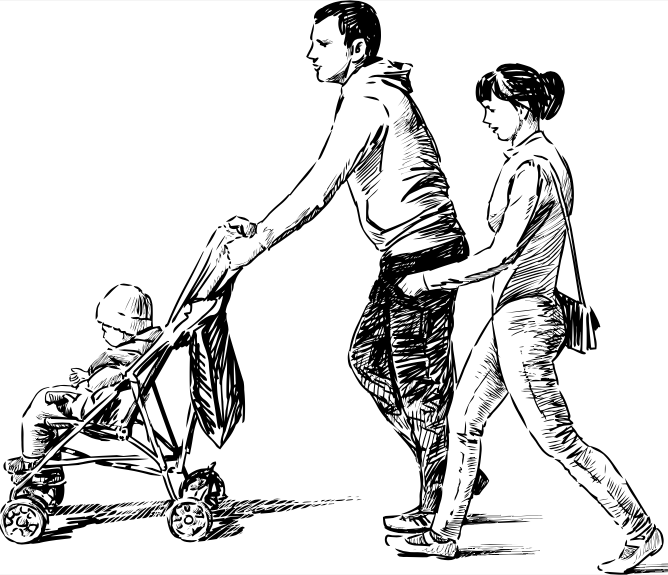Lasting Power of Attorney
Mr Q was recently widowed. Under his late wife’s Will he received her entire Estate. Mr Q was concerned about what would happen if he became unable to manage his own affairs particularly given that all their matrimonial assets are in his sole name.
Mr Q always just assumed that his children would automatically be allowed to deal with his affairs as his next of kin but he wanted to check his legal position.
Mr Q was right to be concerned because at that time there was no-one with the authority to manage his affairs. CKE Attorneys recommended that Mr Q put in place a Lasting Power of Attorney. This means that if he ever lost capacity perhaps through age, illness or accident then he would have someone he trusted to make decisions of his behalf.
There are two types of Lasting Power of Attorney. One covers Property and Financial Affairs and the other covers Health and Welfare.
By making one or both types of Lasting Power of Attorney at the same time, Mr Q could appoint his children to be his attorneys and decide whether they should make decisions jointly or independently of each other. He could also appoint a replacement attorney if his children are unable to act.
For more information about Lasting Power of Attorney call the Lasting Power of Attorney writers at CKE Attorneys on 7380 813659 and we will help you.
Case Studies
Over the years, CKE Attorneys have helped hundreds of individuals and businesses up and down the country. Some of our success stories are below...
-
 Read MorePersonal InjurySlip, Trip or Fall Accidents in Public PlacesIf a member of the public gets injured in a slip, trip or fall accident in a public place, and reasonable steps hadn't been taken to make the area safe, the injured person may be entitled to make a public liability claim.
Read MorePersonal InjurySlip, Trip or Fall Accidents in Public PlacesIf a member of the public gets injured in a slip, trip or fall accident in a public place, and reasonable steps hadn't been taken to make the area safe, the injured person may be entitled to make a public liability claim. -
 Read MorePersonal InjuryWill Personal Injury Compensation Affect My Benefits?Receiving state benefits should not stop an injured person starting a claim for personal injury or medical negligence compensation.
Read MorePersonal InjuryWill Personal Injury Compensation Affect My Benefits?Receiving state benefits should not stop an injured person starting a claim for personal injury or medical negligence compensation. -
 Read MoreFamily LawClean Break Orders explainedA clean break order is used following a divorce and essentially means that each person's financial affairs are completely severed from the other's. Without a clean break order or a consent order from the court, your ex-spouse could make a financial claim against you at any time in the future.
Read MoreFamily LawClean Break Orders explainedA clean break order is used following a divorce and essentially means that each person's financial affairs are completely severed from the other's. Without a clean break order or a consent order from the court, your ex-spouse could make a financial claim against you at any time in the future.